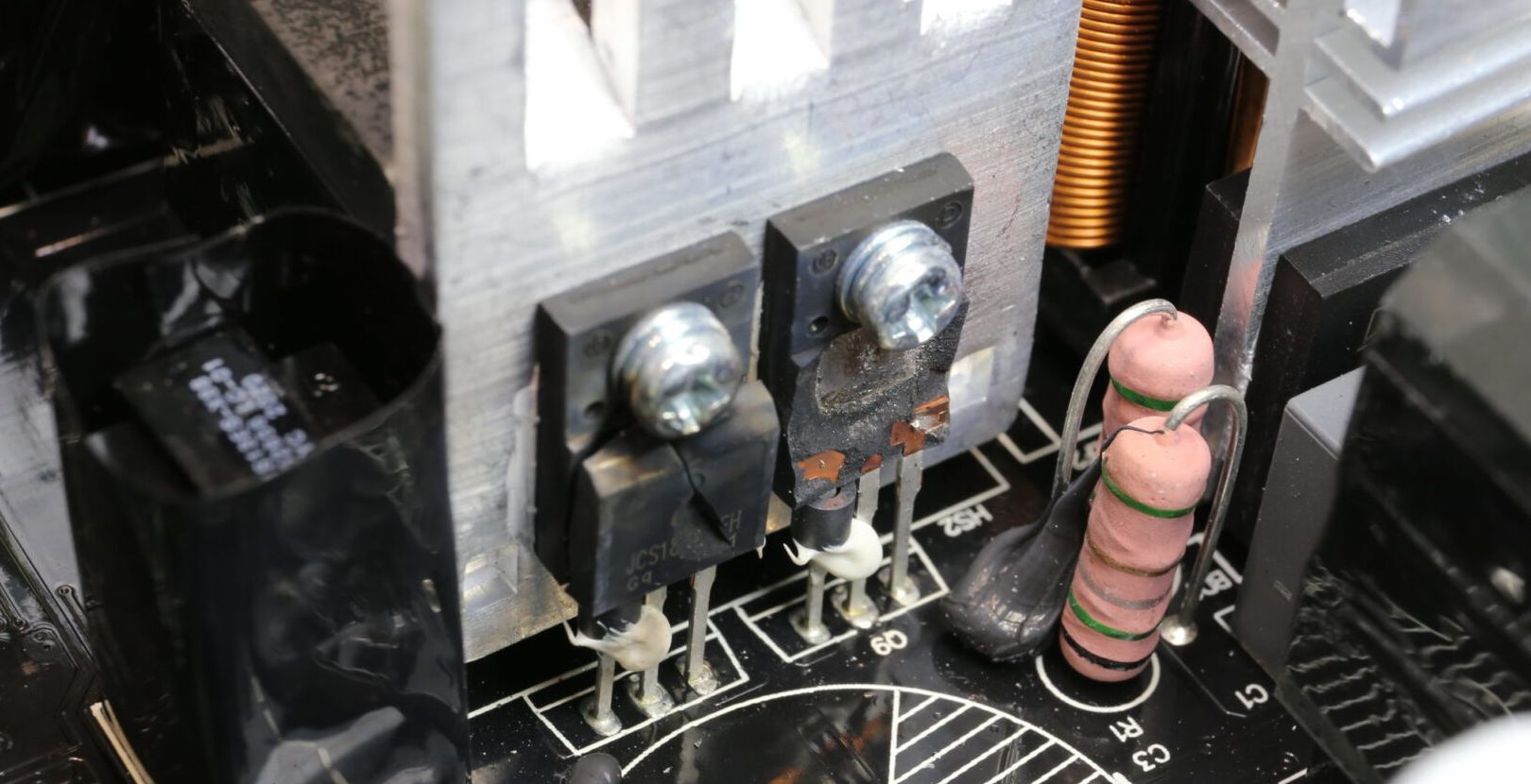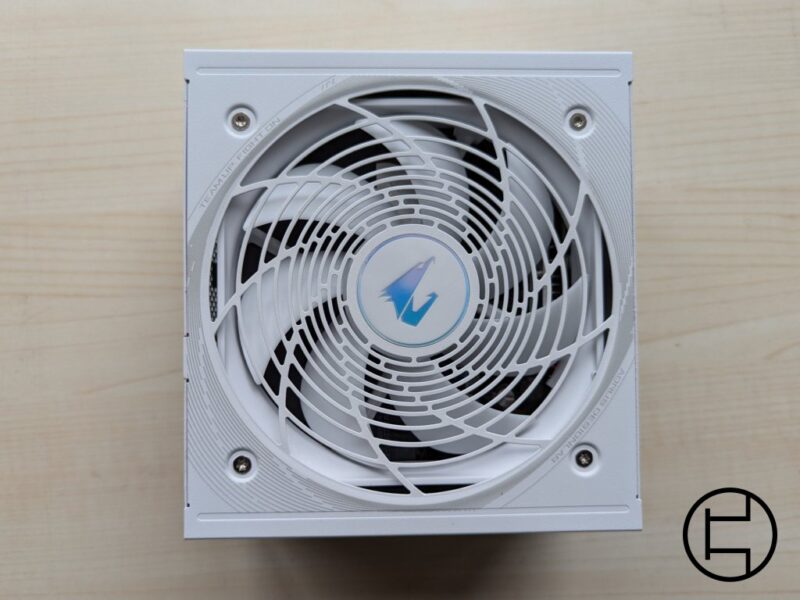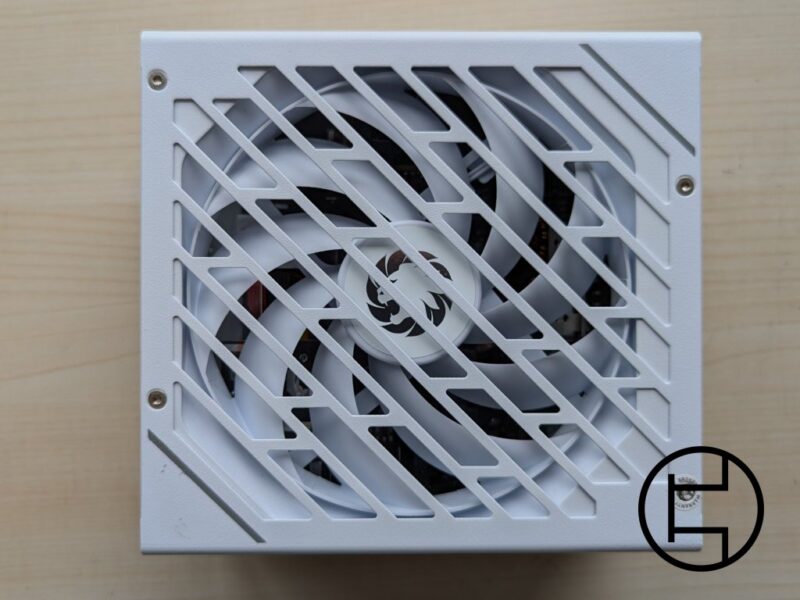Image credit: Techpowerup/Aris Mpitziopoulos
Following our report on the Gigabyte PGM recall a few days ago, we now have an official response from reviewer Aris Mpitziopoulos regarding the statement GIGABYTE gave with the recall.
(Greek)
(English)
Aris introduction: I didn’t want to bother with this matter again initially, but something was troubling me. It can’t be right, Gigabyte blaming us reviewers, or users, for abusing its power supplies and not its engineers. So after some thought, I decided to reply to their statement issued on 13th August 2021 about the GP-P750/850 GM PSUs. Below you will find Gigabyte’s allegations, as they are written in its statement and my responses.
GIGABYTE takes reports of this manner extremely seriously and therefore would like to address the reported potential issues as follows…
Aris response: I reported the issues I faced with the GP-P750GM power supply in late October 2020, before I post its review on TechPowerUp and the video review on the Hardware Busters YT channel, and GBT responded that its engineers tested five units and found no problems. They didn’t ask for my bad sample back for failure analysis, which is the typical procedure, and they didn’t offer a second sample to continue the review. I have kept all of my correspondence with GBT’s respective team, in case there is any doubt.
The OPP safety feature is designed to shut down the unit when the power load exceeds the wattage the unit was designed to operate within. The OPP was set to 120% to 150%, 1020W~1300W for GP-P850GM, and 900W~1125W for the GP-P750GM.
Aris response: OPP is to protect the PSU from failures. That said, GBT’s engineers should have configured it accordingly. Some platforms with top-notch and tolerant to stress components can have higher OPP settings than other lower-end platforms. It is up to the manufacturer to correctly set OPP to effectively protect the power supply under all conditions and the system that the PSU feeds with power. Lastly, OPP with a 30% range is too high. GBT should ask for a lower range.
We were made aware by third parties of concerns regarding potential issues of the GP-P850GM and GP-P750GM tripping at high wattages when tested via DC Electronic Load equipment for extended lengths of time repeatedly close to the 120% to 150% OPP trigger point. This level of extended testing could severely reduce the lifespan of the product and components of the GP-P850GM and GP-P750GM.
Aris response: First of all, there was no prolonged testing period under overloads since most samples died within a few minutes of testing as Steve (Gamer Nexus) mentions in his video. In my case, the GP-P750 GM sample that I tested shut down during a short period of OPP evaluation and exploded once I tried to start it again to continue testing, with no load on its rails. Even if extended testing at high loads was the case, the engineers should use lower OPP triggering points from the moment they are well aware that the platform can handle higher than normal loads. Finally, reducing the lifespan is an entirely different story from exploding parts, which clearly shows a problem with the OPP setting, which GBT believes is the culprit.
GIGABYTE has made adjustments and lowered the OPP on GP-P850GM and GP-P750GM…. from 120% ~ 150% to 110% ~ 120%
Aris response: GBT noticed, after our findings, that the platforms cannot withstand a 120%-150% OPP rating and decided to lower it. The problem is that 110%-120% OPP is impossible with analog controllers, which use resistors to adjust OPP. These resistors drift with temperature. In other words, their resistance changes according to the operating conditions, so it is impossible to achieve such a small OPP range under both cold and hot conditions. The only way to achieve a tightly set OPP is through digital circuits, an MCU. Finally, GBT doesn’t mention the operating conditions under which the new OPP settings apply.
GIGABYTE would like to stress the potential issues that were reported, only seemed to occur after very long time periods of extreme load testing via DC Electronic load equipment and would not be typical of any real world usage.
Aris response: Gamer Nexus’ samples died in a matter of minutes, and my sample died after a short period of OPP evaluation. Moreover, a quick look at the user reports (Newegg, forums, etc.) shows that most of these PSUs died under normal conditions. With so many failures reported on Newegg reviews, it cannot just be a coincidence.
GIGABYTE GP-P850GM and GP-P750GM PSU’s included industry standard power protection designs OCP, OTP, OVP, OPP, UVP, and SCP. Safety certification from various countries to ensure safe and stable operation of your system.
Aris response: From the moment these units have a CE certification, I would love to check the corresponding CE reports including protection features evaluation. To the best of my knowledge, no safety certification evaluates the PSU’s protection features.
Despite the fact that both before & after OPP adjustment versions are reliable for real world usage
Aris response : Many users that bought these products have a different opinion and experience. Also, OPP is not there for us reviewers only, but it should protect the PSU under all conditions. Otherwise, there is no point in having this protection feature when it doesn’t save the PSU. And also, who and what defines real-world usage? For me, typical use can be having my PC idle most of the time while other users play games most of the time, stressing the entire system. Other users can run tests with Furmark and Prime95 at the same time. My point is, real-world usage varies from user to user.
GBT: Serial Number below can apply for Return and Exchange service
Aris response: GBT had made OPP changes to some production batches but didn’t inform the people that bought units with high OPP about this or even give them the chance to replace their units, just to be on the safe side. They applied a silent fix, and this means that they were troubled enough to do it.
Aris Conclusion: This is not just a badly set OPP since many units died under moderate loads and within short periods. I strongly believe that this is just a bad design, the FETs are not driven correctly, and although in quick pre-checks and normal conditions, the PSU can be ok, there are cases (not only under stress) where they fail. The timing of the FETs is not correct, and this is due to a lousy gate driver or a lousy implementation. Of course, I cannot be dead sure without any samples, older and newer generations, in my hands to test and break apart for failure analysis.
More information on the matter can be seen here.


